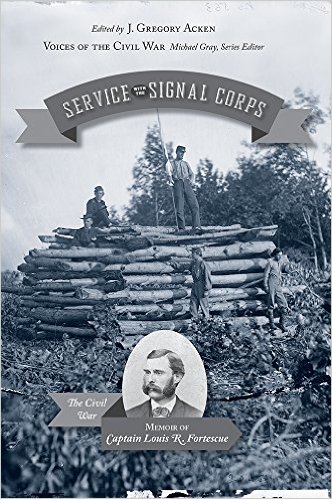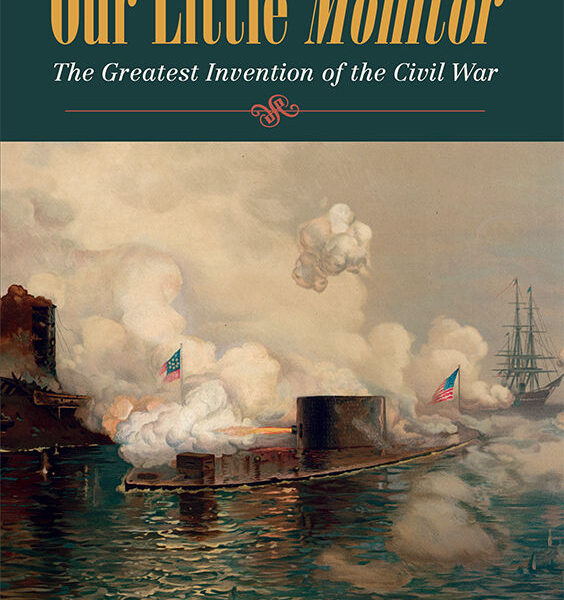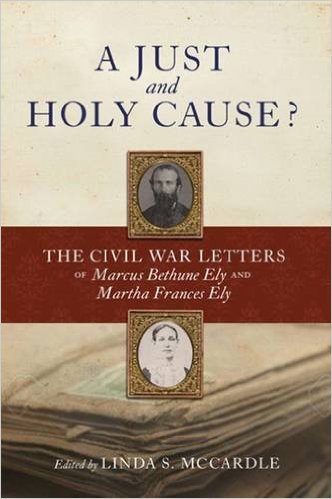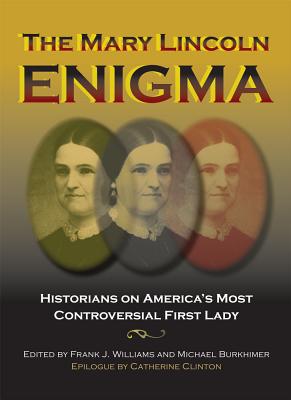The Lost Gettysburg Address: Charles Anderson’s Civil War Odyssey by David T. Dixon. B-List History, 2015. Cloth, ISBN: 978-0986155109. $18.95.
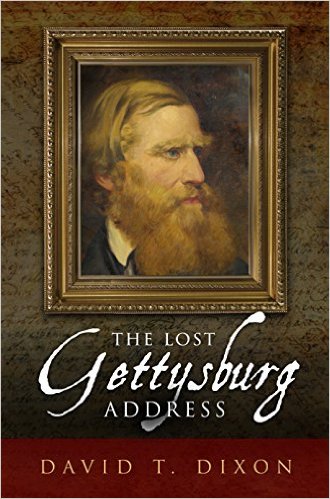 “The world with neither long note nor remember what we say here.” Abraham Lincoln uttered these words on November 18, 1863, during the dedicatory remarks he delivered at the new National Cemetery at Gettysburg—remarks that would be immortalized as the Gettysburg Address. Untold millions of school children since that long ago day have recited Lincoln’s words. However, few have ever read the featured talk at the dedication ceremony, a two-hour, wide-ranging speech by famed orator Edward Everett. Fewer still are aware that Lincoln, Everett, and other dignitaries later crowded into a local Presbyterian Church to hear a third address, this one by the lieutenant governor-elect of the politically important state of Ohio. The Buckeye State had sent many soldiers to the fight who had risen in prominence, including Grant, Sherman, and Sheridan and, in the decades to come, would see several of her favorite sons occupy the White House. For now, however, the night belonged to Charles Anderson.
“The world with neither long note nor remember what we say here.” Abraham Lincoln uttered these words on November 18, 1863, during the dedicatory remarks he delivered at the new National Cemetery at Gettysburg—remarks that would be immortalized as the Gettysburg Address. Untold millions of school children since that long ago day have recited Lincoln’s words. However, few have ever read the featured talk at the dedication ceremony, a two-hour, wide-ranging speech by famed orator Edward Everett. Fewer still are aware that Lincoln, Everett, and other dignitaries later crowded into a local Presbyterian Church to hear a third address, this one by the lieutenant governor-elect of the politically important state of Ohio. The Buckeye State had sent many soldiers to the fight who had risen in prominence, including Grant, Sherman, and Sheridan and, in the decades to come, would see several of her favorite sons occupy the White House. For now, however, the night belonged to Charles Anderson.
Anderson came from a prominent family with ties to Virginia, Ohio, and Kentucky. His father served as aide-de-camp for the Marquis de Lafayette in the American Revolution. One of his older brothers, Major Robert Anderson, surrendered Fort Sumter to the Confederates after a lengthy bombardment in April 1861. Other brothers and family members were Union officers or political and civic leaders. His brother Marshall sided against Charles in the gubernatorial election of 1863 and supported “Copperhead” Democrat Clement Vallandigham, one of Charles Anderson’s long-time friends. Anderson settled in Texas before the war, but was declared an “alien enemy” and arrested. He finally escaped and after a thrilling series of adventures straight out of a Western serial, finally reunited with his refugee family.
Anderson raised the 93rd Ohio Volunteer Infantry and led it with distinction until health problems stemming from wounds suffered at the battle of Stones River forced his resignation. After winning the lieutenant governor’s seat on the Union Party ticket, Anderson, Governor David Tod, Governor-elect Brough, former Governor William Denison, and several other leading Buckeyes traveled to Gettysburg for the cemetery dedication. The Ohioans hosted the post-ceremony event at the Presbyterian Church. With Lincoln, Secretary of State William Seward, and other powerful men in attendance, Anderson delivered his politically-charged message in his characteristic energetic style. “Death here has made one of his greatest harvests — and all at one blow. And the occasion of their destruction is as memorable as their numbers and its suddenness,” he remarked.
What was not memorable was Anderson’s speech, which lasted less than an hour. While enthusiastically delivered and well received by the audience, few reporters mentioned it in their newspapers. No one printed the text of the talk, unlike Everett’s earlier oration and the president’s few lines. Over time, it has been lost to history, just like Anderson, who served four months as Ohio’s governor after Brough’s death. Anderson may be best remembered with a hall named in his honor at our mutual alma mater, Miami University. Otherwise, he has largely slipped into obscurity.
However, archaeologist Rob Tolley, Wyoming rancher Bartley Skinner, and author David T. Dixon entered the picture in the early 2000s. Skinner, Anderson’s great-great-grandson, had boxes of his ancestor’s papers, in which his friend Tolley took interest. Tolley sorted through the massive collection and became the custodian for Skinner’s prizes. In 2014, Tolley asked Dixon to help identify some of the remaining materials. Included in the collection was the long missing draft of Anderson’s Gettysburg speech.
The result of the trio’s efforts to save and interpret Anderson’s papers is Dixon’s fine new book, The Lost Gettysburg Address. The author deftly recounts Anderson’s life and times, beginning with the patriot legacy of his father and the family’s wide-spread influence in the Ohio River region. Of particular interest is the exciting yet tragic story of a family of loyal Unionists forced to sell their home, land, and even most of their belongings in a desperate effort to escape growing Confederate authority in Texas. Dixon neatly narrates the Andersons’ sad plight and subsequent flight. The book culminates with Anderson’s lost discourse at Gettysburg, which Dixon includes for posterity. Now, for the first time, we can read Edward Everett’s well-crafted speech and Charles Anderson’s lost Gettysburg remarks, which bookended Abraham Lincoln’s Gettysburg Address.
Scott L. Mingus, Sr., is the award-winning author of Flames Beyond Gettysburg: The Confederate Expedition to the Susquehanna River (2011) and Confederate General William “Extra Billy” Smith: From Virginia’s Statehouse to Gettysburg Scapegoat (2013).

